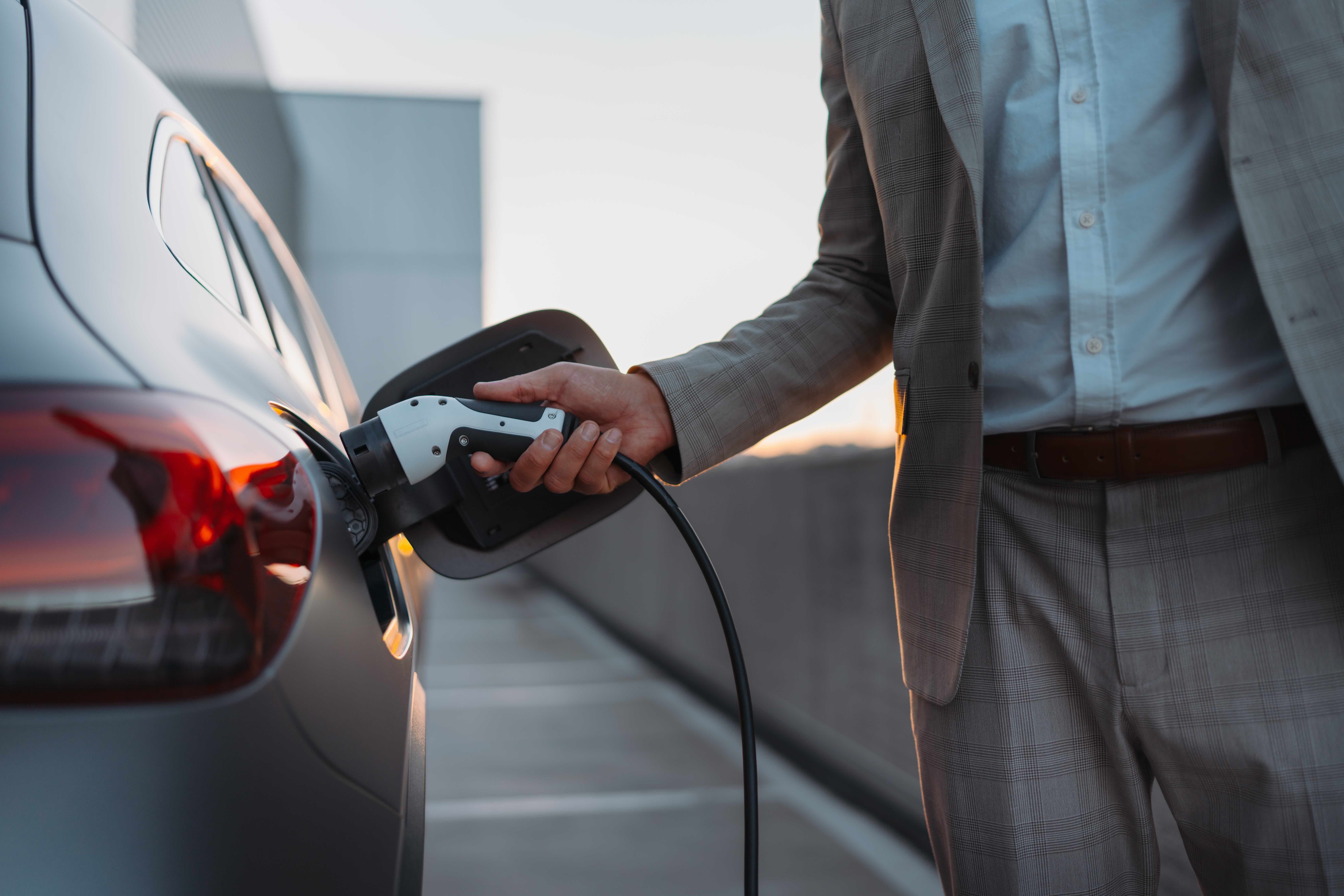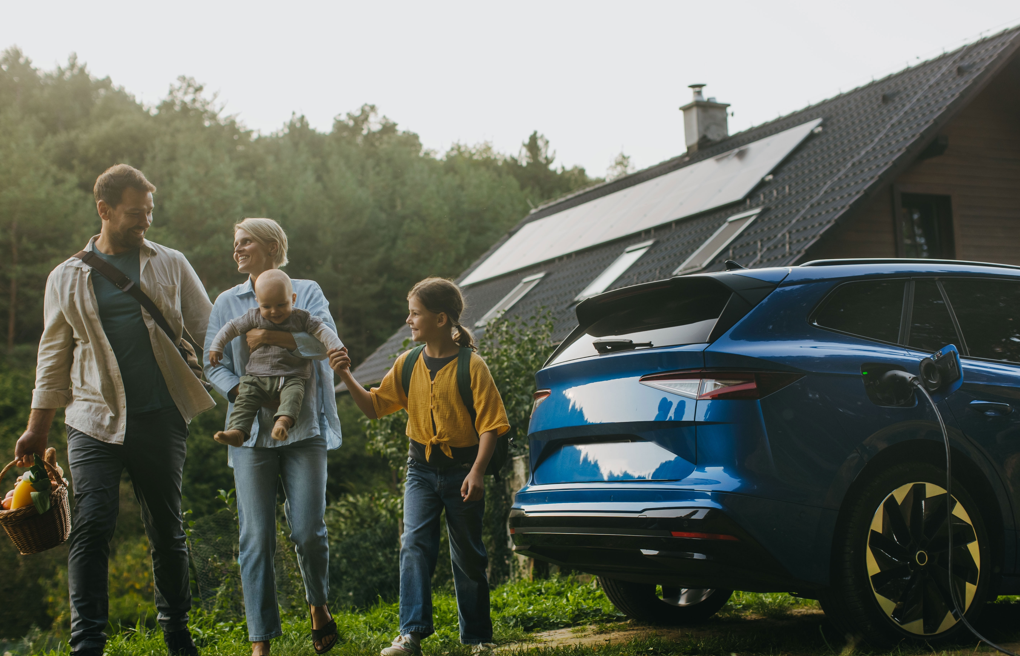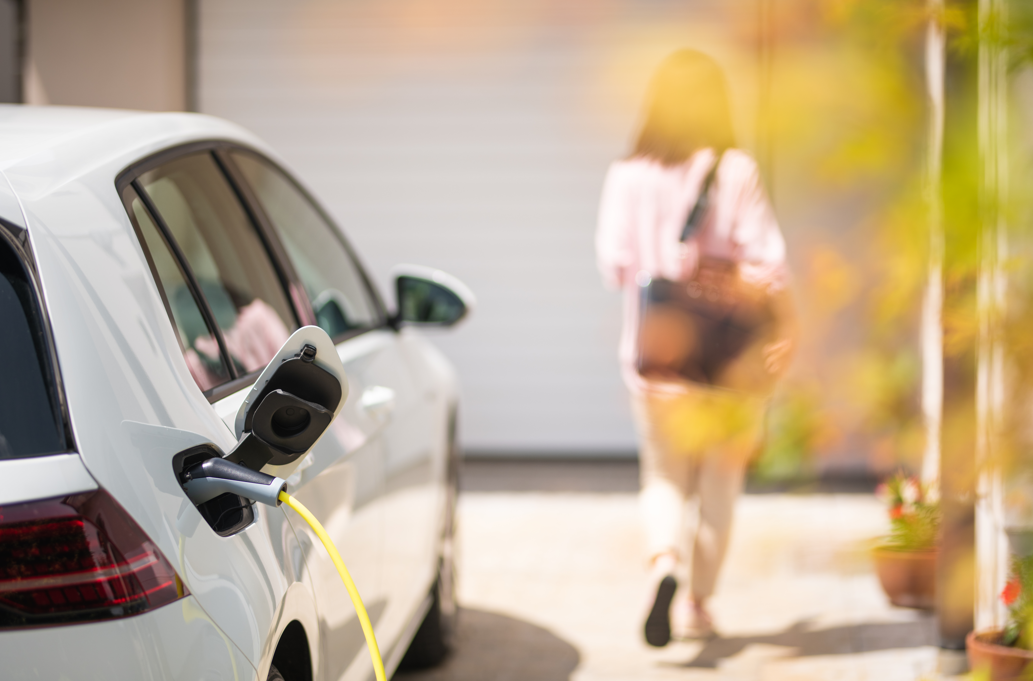Majza Avdyli is our talented second-year mediamatics and supports us in particular in the area of graphics and design. At the age of 16, Majza is already seriously concerned about environmental protection and climate change. That is why we were very happy to make room for her in our blog and entrust her with the topic of CO2 compensation.
The following is one of the most relevant topics of our time from the perspective of a reflected young woman.
Personally, I've never thought about my consumer behavior. I've never thought about the circumstances under which products are produced or how these products are transported. In my opinion, that wasn't important enough, but it was because I had absolutely no idea what it was about and what effects my consumer behavior could have. It was only the whole climate demonstrations and the Friday for Future movement that prompted me to ask questions from my circle of friends and find out about the topic. It was only then that I realized that it was a very serious and important issue. Unfortunately, there are still many people who do not take climate change seriously and even have a negative impact on it with their behavior.

I currently work at autoSense and emissions and offsetting CO2 emissions are also an issue taken seriously here. autoSense is committed to more sustainable mobility.
CO2 is the chemical molecular formula for the molecule carbon dioxide, which consists of carbon and oxygen. It is a natural component of air and one of the most important greenhouse gases. These gases are a natural part of the earth's atmosphere and act as a shield for the earth.
In the atmosphere, various gases act like the glass panes of a greenhouse. The natural greenhouse effect is what makes life on Earth possible in the first place.
Unfortunately, our increased energy consumption has thrown the natural greenhouse effect out of balance. Humans produce so many pollutants that penetrate the atmosphere and make it more and more impermeable. Excess heat therefore remains in the Earth's atmosphere and temperatures rise to an unnatural rate.
As a result of industrialization and other human influences, such as traffic and animal husbandry, the concentration of greenhouse gases is higher than ever before. When burning fossil fuels such as coal, crude oil and natural gas, large amounts of CO2 are released.
“It doesn't matter whether it gets one degree warmer now, then you freeze less, it's great!”
No, unfortunately global warming is disrupting our ecosystem. Polar caps and glaciers are melting and ocean water levels are rising. Permafrost soils thaw and release greenhouse gases, which contribute to further global warming. Droughts and floods also have social consequences, as people have to flee from affected areas.
It is therefore important to reduce CO2 emissions in order to stop the rise in temperature and its fatal consequences.
Our lifestyle has an impact on CO2 emissions — directly or indirectly. Be it through our diet, clothing, or transportation. Anything can determine our carbon footprint.
With the CO2 compensation feature in the autoSense app, we offer you the opportunity to responsibly offset the effective CO2 emissions of your vehicle. For this, we work together with our partner South Pole. South Pole develops and implements comprehensive projects and strategies to reduce emissions. They develop and fund projects around the world that reduce carbon emissions, protect biodiversity and bring real benefits to local communities. Since 2006, South Pole has worked in over 40 countries to develop more than 700 projects to prevent, reduce, or absorb greenhouse gas emissions.
But how can you do something for the climate with the help of autoSense?
autoSense gives you an overview of how much CO2 your car emits. You will also receive comparative values and can estimate how high your emissions will be for the coming months. To do this, we calculate the value required so that you can easily and conveniently compensate for your output in the autoSense app.
Each of us can make a contribution to questioning our behavior and adapting it accordingly in the interests of climate and environmental protection.
The more people counteract the climate crisis and its effects, the greater the likelihood that we will be able to overcome it. Even smaller measures, such as offsetting CO2, can have a big impact.




